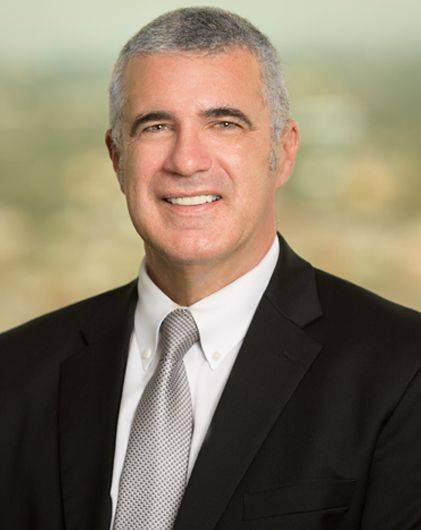The New Year May Bring a Broader Scope to Title VII and Greater Potential Liability to Employers
Does Title VII of the Civil Rights Act only apply when workplace discrimination is an “ultimate employment decision” or does any disparate treatment based on an employee's sex, race or other protected class violate the law, even if there is no tangible harm?
That is the question the United States Supreme Court will be answering in 2024, after having heard oral arguments in Muldrow v. City of St. Louis, Missouri in December 2023.
If the Court ultimately holds that Plaintiffs are not required to show an “ultimate employment decision,” employers can expect an increase of claims that would not previously have survived to trial. Such a decision would also broaden the types of conduct that could expose employers to liability under Title VII.
The Facts of the Case
The case being considered concerns Jatonya Muldrow, a police sergeant with the City of St. Louis. She claimed she was discriminated against based on her sex when she was transferred out of a police intelligence unit, even though the transfer did not result in any changes to her pay, benefits, rank, or working conditions. A federal District Court ruled against Muldrow, and the U.S. Court of Appeals for the Eighth Circuit affirmed the dismissal, holding that a transfer was not a materially adverse employment decision under Title VII. “Materially adverse” or “ultimate employment” decisions typically involve employment actions such as terminations, demotions, failure to hire or a failure to promote.
However, following the Eighth Circuit appellate ruling against Muldrow, two other Circuit Courts held that Title VII has no such requirement, most notably in the en banc Fifth Circuit decision, which involved scheduling policies for female detention officers. The Fifth Circuit ruled that the phrase “ultimate employment decision” was too limited, appears nowhere in the plain language of Title VII, and ignores the broad remedial scope of the law. The Supreme Court’s expected ruling in Muldrow will resolve this circuit split.
At oral arguments on Dec. 6, counsel for Muldrow argued that establishing discrimination as to a term, condition, or privilege of requirement is all that Title VII requires and there is no requirement to show the materiality or severity of the harms caused. The City of St. Louis responded that Congress did not intend Title VII to address trivial issues where there was no “significant material objective harm.” The questions posed by the Justices seemed to suggest a majority are favorable to Muldrow’s position.
A Supreme Court ruling that eliminates the “ultimate employment decision” requirement would be expected to increase the number of workplace discrimination claims filed with the Equal Employment Opportunity Commission and a corresponding increase in civil litigation against employers. While waiting for the Supreme Court to issue its decision, employers would be well advised to update their anti-discrimination policies and training.
Please contact Mark Fijman or any member of the Labor and Employment team if you have questions on this or need advice or guidance.


